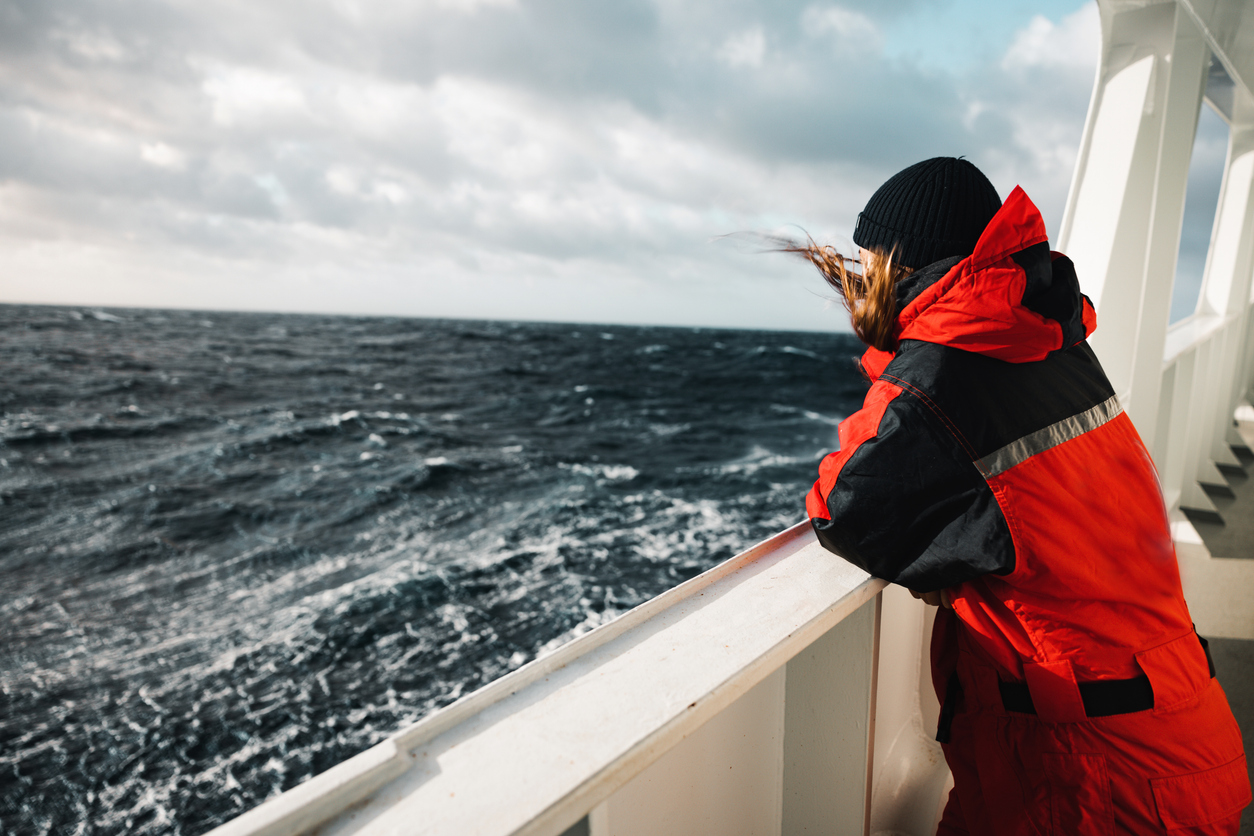
Why State Workers’ Comp Doesn’t Travel: The Importance of MEL for Waterborne Work
August 12, 2025
Employees who normally work on land lose state workers’ compensation protection the moment they set foot on a moving vessel, whether intentionally or incidentally. This coverage gap can place maritime employers at significant risk if they do not maintain maritime employers’ liability (MEL) insurance.
This article guides insurance agents in identifying when MEL is necessary, how it differs from other forms of coverage, and why it is vital for clients with employees who work on or around vessels.
Where State Workers’ Compensation Stops — and MEL Begins
State workers’ compensation provides protection for land-based injuries, but coverage ends the moment employees step onto a vessel in motion.
When workers move from docks to decks, even briefly, employers face legal gray areas that can create liability for accidents occurring on navigable waters. These jurisdictional gaps highlight the need to consult state workers’ compensation coverage guidelines to fully understand the limits of land-based protections.
What Is Maritime Employers’ Liability Insurance?
Maritime employers’ liability insurance covers employee injuries or illnesses that occur aboard vessels the employer does not own or operate. This coverage is essential for employers with staff on third-party vessels, or even their own vessels if those employees are not considered crew under a protection and indemnity (P&I) policy. Without MEL, employers can be exposed to Jones Act or general maritime law claims with no protection.
Common Scenarios Where MEL Applies
Employees often encounter situations where state workers’ compensation does not provide coverage, making MEL protection critical. Common scenarios include:
- Marine construction personnel providing support from barges or tugboats
- Surveyors and scientists performing research aboard vessels they do not own
- Skilled contractors working temporarily on yachts, rigs, or dredging equipment
- Repair and maintenance technicians deployed offshore or during vessel deliveries
- Short-term labor acting as deckhands or assisting marine crews
Key Differences Between MEL and Other Coverages
Maritime employers’ liability insurance differs from other coverages in important ways. Workers’ compensation ends where navigable water risk begins, leaving MEL to bridge the gap for employees working aboard vessels.
Unlike P&I insurance, which typically covers only vessel crew, MEL protects non-crew employees performing work on those vessels. USL&H coverage applies to land-based maritime workers but generally does not extend once employees are on a moving vessel, making MEL essential for mobile maritime operations.
Risk of Not Carrying MEL Coverage
Employers without MEL coverage risk serious financial and legal consequences. Key exposures include:
- Uncovered injury claims: Employers could be responsible for medical expenses, lost income, and associated legal fees.
- Contractual coverage gaps: Many ports, municipalities, and project owners mandate MEL to satisfy contractual requirements.
- Legal defense expenses: Even unfounded claims can generate substantial legal costs without appropriate insurance protection.
Best Practices for Insurance Agents and Their Maritime Clients
Insurance agents play a crucial role in helping clients address coverage gaps and manage liability. Recommended strategies include:
- Review operations thoroughly: Determine if employees ever step aboard vessels, even for short periods.
- Clarify vessel ownership: MEL becomes crucial when staff work on vessels not owned or operated by the employer.
- Tailor MEL coverage: Set limits and deductibles according to the size of the fleet and exposure risk.
- Integrate with other marine policies: Coordinate MEL with workers’ comp, USL&H, and P&I for comprehensive protection.
- Educate clients proactively: Show how a single uncovered injury could threaten the business, incorporating best practices for onboarding seasonal or temporary maritime staff.
Keep Your Clients Covered—Wherever the Work Takes Them
State workers’ compensation coverage stops at the dock. For clients with employees who step aboard vessels, maritime employers’ liability insurance provides a critical layer of protection.
Merrimac Marine brings deep experience in maritime employers’ liability insurance and related exposures. Agents gain access to top-rated marine insurers and policies tailored for marine construction, offshore service, survey work, and more.
Partner with Merrimac Marine to help clients address coverage gaps and manage liability with a tailored MEL program.
About Merrimac Marine Insurance
At Merrimac Marine, we are dedicated to providing insurance for the marine industry to protect your clients’ businesses and assets. For more information about our products and programs, contact our specialists today at (800) 681-1998.
